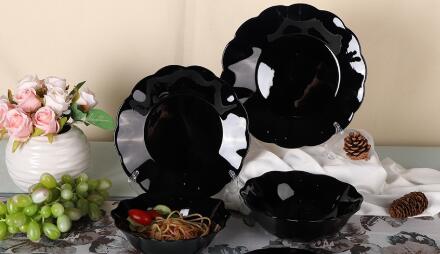Do you know why the soda-lime glass will crack when adding the hot water
Pulished on Aug. 31, 2019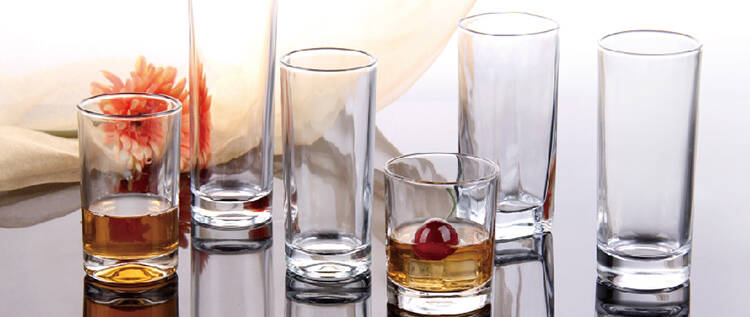
Do you know why the soda-lime glass will crack when adding the hot water?
Will the glass suddenly crack when heated?
(1) The glass wall of the cup is quite thick and the thermal conductivity of the glass is not particularly good. The glass on the inner wall will expand rapidly while the glass on the outer wall is not heated after adding the hot water, which causes the different pressures of the inner and outer glass. If the pressure on the outer wall glass is instantaneously increased even reach the pressure critical point, the glass will explode.
2) The glass cup can be heated quickly and evenly expanded after pouring boiling water based on the thin glass wall. The pressure difference between the inner and outer glass will not be too large, and naturally, there will be no cracking of the cup. Therefore, you are supposed to fill the hot water with a thinner glass cup.
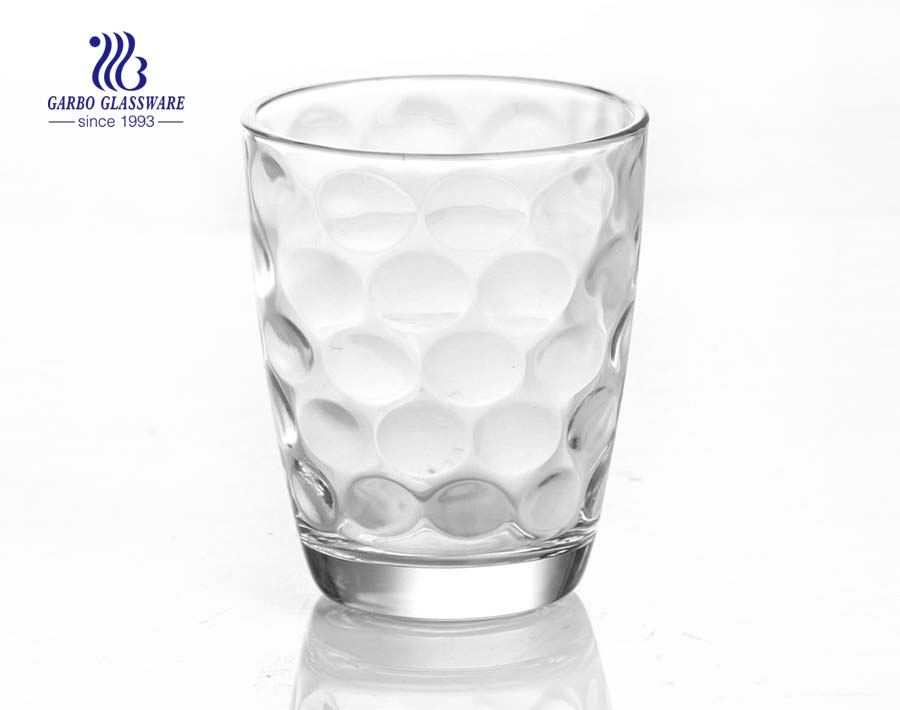
Tips:
(1) It is recommended to pour a little hot water into the cup and shake the glass cup with it to preheat the glass, which is suitable to the thin and the thick glass cup. After then, you can fill the glass cup with the full hot water.
(2) It is not recommended to pour hot boiling water directly into the cup. You can wait until the water is a little colder before pouring it.
(3) When pouring hot water with a glass, pls do not hold it directly with your hands to avoid being burnt.
(4) When pouring water, you are supposed to pour the hot water into the cup slowly, rather than pouring the water into the glass furiously.
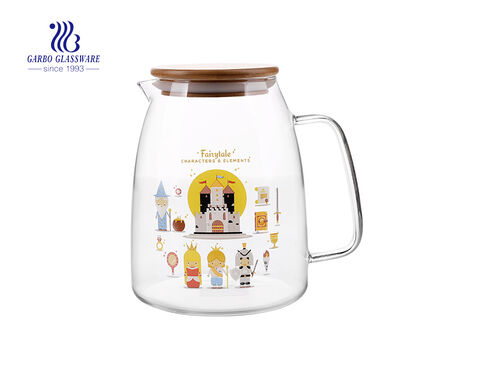
Do you know which kind of glass material is more heat-resistant?
High borosilicate glass (also known as hard glass) is characterized by the use of glass to conduct electricity at high temperatures. The glass is melted by heating inside the glass and processed by advanced production processes. The coefficient of thermal expansion is (3.3 ± 0.1). ) × 10-6 / K, also known as "borosilicate glass 3.3". It is a special glass material with low expansion rate, high-temperature resistance, high strength, high hardness, high light transmittance, and high chemical stability. Due to its excellent performance, it is widely used in solar energy, chemical industry, pharmaceutical packaging, electric light source. , craft jewelry and other industries. Its good performance has been widely recognized by all walks of life around the world, especially in the field of solar energy, and developed countries such as Germany and the United States have carried out more extensive promotion.
Borosilicate glass has a very low coefficient of thermal expansion, about one-third that of ordinary glass. This will reduce the effects of temperature gradient stress and thus have stronger fracture resistance. Due to its very small shape deviation, this makes it an indispensable material in telescopes and mirrors. It can also be used to treat high-level nuclear waste.
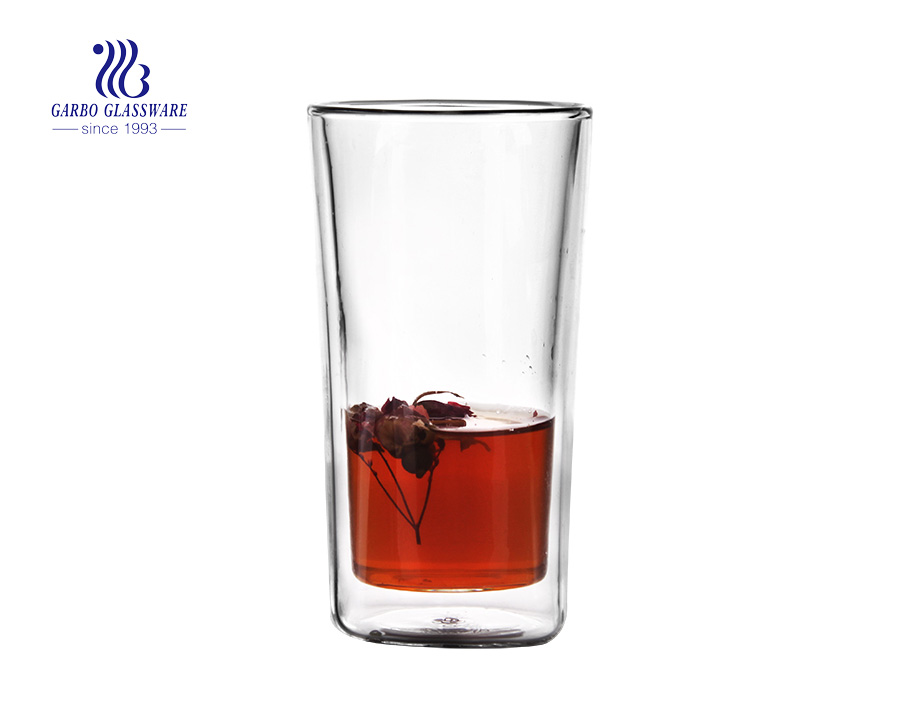
Borosilicate glass is a type of glass that contains boron trioxide which allows for a very low coefficient of thermal expansion. This means it will not crack under extreme temperature changes like regular glass. Its durability has made it the glass of choice for high-end restaurants, laboratories, and wineries.
Borosilicate glass is made up of about 15% boron trioxide, which is that magical ingredient that completely changes the behavior of glass and makes it thermal shock resistant. This allows the glass to resist extreme changes in temperature and is measured by the “Coefficient of Thermal Expansion,” the rate at which the glass expands when it is exposed to heat. Thanks to this, borosilicate glass has the ability to go straight from a freezer to an oven rack without cracking. For you, this means you can pour boiling hot water into borosilicate glass if you wanted to say, steep tea or coffee, without worrying about shattering or cracking the glass.








